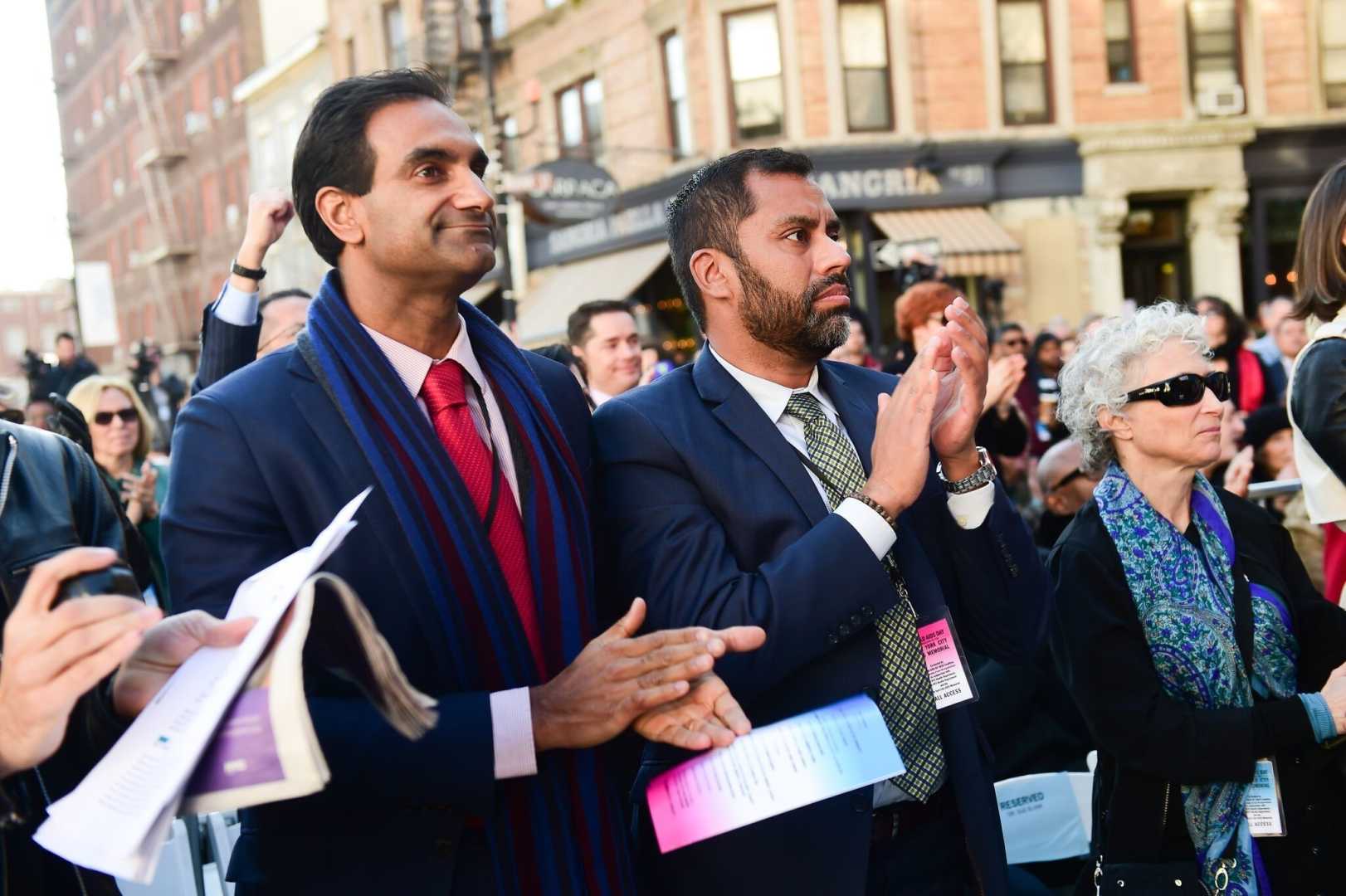News
Dr. Jay Varma Faces Controversy Over Pandemic Conduct

Dr. Jay Varma, previously a senior public health adviser to New York City Mayor Bill de Blasio, has come under public scrutiny following revelations of his participation in social gatherings during the COVID-19 pandemic. As a prominent figure in the city’s response to the crisis, Varma urged the public to adhere to strict social distancing guidelines.
Reports first emerged after conservative commentator Steven Crowder released hidden camera footage in which Varma reportedly spoke about attending parties during the pandemic. The recordings, whose authenticity Varma did not refute, featured him discussing his participation in gatherings that reportedly included his wife and were held beneath a Wall Street bank.
In response to the controversy, Varma issued a statement acknowledging his presence at “two private gatherings” between August 2020 and June 2021. He emphasized that the footage was manipulated, asserting it had been “spliced, diced, and taken out of context.” He further alleged that he was targeted by right-wing operatives aiming to discredit public health officials.
Dr. Varma’s tenure at the New York City health office was marked by significant efforts to promote the COVID-19 vaccination campaign. In his statement, he stood by these efforts, refuting any attempts by extremists to sow doubt over the vaccines’ necessity and effectiveness.
Prior to these events, Dr. Varma held esteemed positions, including serving as the executive vice president and chief medical officer at SIGA Technologies. A Harvard and University of California alumnus, he joined the Center for Disease Control‘s Epidemic Intelligence Service in 2001 and has been involved in key studies, such as one on an E. coli outbreak in Ohio.
The narrative has sparked a debate on the ethical implications of public health leadership behaviors during health crises. Varma’s acknowledgment of his actions and ongoing controversy highlight the broader challenge of maintaining public trust in health advisories.












